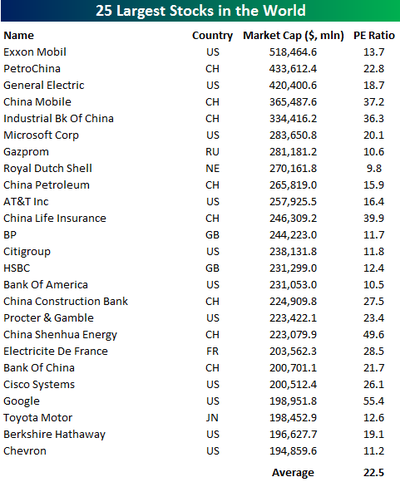How Credit Market Turmoil Rocked The Quants A Lehman Brothers Analyst Offers A Theory
Post on: 17 Июль, 2015 No Comment

Share
/ Aug 9, 2007 at 4:20 PM
So what is going on with the quants? Goldman North American Equity Opportunities is forced to sell off assets. Rumors say it may close down entirely. Tykhe Capital hit with losses of about 20%. Unconfirmed rumors circulating about the demise of quant giants such as AQR. (Update. Were hearing from very reliable sources that AQR is off 6% in primary market neutral fund down 9% in smaller stock selector fund just this month). Black Mesa Capital is telling investors that the liquidation of a big hedge fund or investment bank trading portfolio is totally ruining their financial models.
This morning the Wall Street Journal offered a somewhat unenlightening view that Computers dont always work . (Thats a bit unfair but its not really a day for fairness.) One theory that some on Wall Street are subscribing to says that the trouble with quants began in the credit portfolios of a few large multi-strategy quantitative hedge funds. After the subprime meltdown and the troubles at two Bear Stearns hedge funds revealed that many formerly highly rated credit products could not be easily sold in the market at the values that had been assigned to them using financial models, hedge fund managers may have realized that they were facing significant losses in their credit portfolios.
To stem possible losses, the managers sought to scale back their leverage. But selling the illiquid credit products risks uncovering even deeper losses as the credit positions were marked-to-market instead of marked-to-model, so these managers likely de-levered by selling more liquid assets—namely, US stocks.
“As these managers unwound significant factor based portfolios, these factors started to behave in unexpected and potentially troubling ways. Short names started to rally and long names started to fall as these trades started to hit the market. As most quantitative managers use similar quantitative factors, this abnormal factor phenomenon was not confined to a few funds. Rather, a large number of quantitative managers have seen their models begin to behave in unexpected ways. Again, it is no longer only the multi-strategy managers, but now pure quantitative equity managers who have started to see their portfolios ‘misbehave,’ both U.S. domestic and global fund managers,” explains Lehman Brothers analyst Matthew Rothman in a memorandum published today.
The situation could get even more extreme, some fear. Recent sell-offs by two Goldman funds and others demonstrate that hedge fund managers are continuing to de-lever by selling off assets. This could have the effect of forcing further departures from the computer models of the hedge funds—additional “misbehavior” as Rothman scoldingly puts it. In addition, the funds may face new pressure to liquidate positions from redemptions and increased collateral requirements.
Some consider this scenario unlikely and unduly despairing. Rothman, for instance, says that there “are reasons for optimism here.”
But even when he wants to sound upbeat at the conclusion of his memorandum, Rothman ends up using a dark, almost creepy image.
“We like to believe in the rationality of human beings (and particularly quants) and place our faith in the strong forces and mutual incentives we all have for orderly functioning of the capital markets. As drivers of cars down dark roads at night, we learn to have faith that the driver approaching on the other side of the road, will not swerve into our lane to hit us. In fact, he is just as afraid of our swerving to hit him as we are of his swerving to hit us. We both exhale as we pass by each other headed into the night in our respective opposite directions, successfully avoiding both of our destructions,” Rothman writes. “We believe, and earnestly hope, that is how things are headed here, that is how events will play out – that stability will win, and that calm will soon prevail. The stakes are too high for all of us for anything else to be a realistic final resolution.”
All that hoping and believing is hardly the way we expect quants to sound. In fact, it sounds downright religious. Maybe what they say about the absence of atheists in foxholes is true after all.














